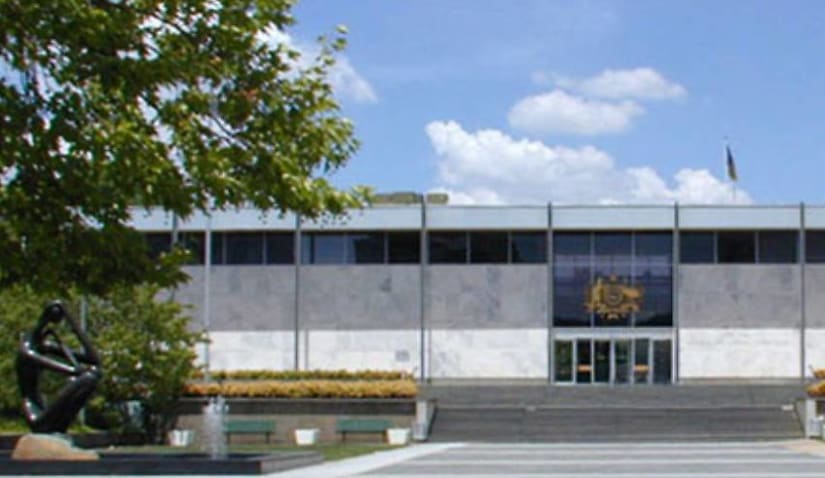A senior police officer who investigated Brittany Higgins’ allegations of rape in Parliament House told an inquiry that ACT prosecutors had changed the way they approach sexual assault matters.

During the inquiry examining the abandoned prosecution of Bruce Lehrmann in October 2022, Detective Superintendent Scott Moller said prosecutors have “changed their view” on whether or not some sexual offence matters should proceed into the trial stage.
This was in comparison to the nation’s average of 17.4 per cent.
Mr Moller strongly rejected the findings meant ACT Police had undercharged suspects in sex cases, and instead insisted the data was smaller than the national average because it is a small territory.
He did admit that his work with prosecutors has changed.
Mr Moller told Mark Tedeschi KC, counsel for ACT’s Director of Public Prosecutions Shane Drumgold SC, that some prosecutors had progressed matters “they wouldn’t have progressed” in the past.
“When we engaged with prosecutors, previously they were unable to progress matters we brought to their attention.
“Now there’s almost like a complete change where they were prepared to progress pretty well any investigation we had,” Mr Moller said.
Asked by Mr Tedeschi if he is concerned about this change, Mr Moller said he was concerned some matters “are not meeting the thresholds”.
Mr Moller was questioned extensively about a report he made that labelled Ms Higgins a “manipulative” complainant.
Mr Drumgold alleged that he and other police involved in Ms Higgins’ investigation were biased and had worked with the defence team closely in an attempt to secure Mr Lehrmann an acquittal. Mr Lehrmann has continued to maintain his innocence.
It was heard during the inquiry that some officers had called in sick after Mr Lehrmann was charged, and one officer told his barrister, Steven Whybrow SC, that he was going to resign if charges were laid.
Chair of the inquiry, Walter Sofronoff, questioned Mr Moller on whether he thought his officers had lost objectivity during the investigation.
“I would say they had deep-seated views in relation to not having sufficient evidence, but even though they had those views, they pushed forward against their own beliefs.
“I don’t think they lost objectivity because when we decided to go through and charge, that was our direction.
“They still did it, and they were committed to the process because that’s what we do as police,” Mr Moller said.
Mr Moller said he was “proud” of his officers for having their opinions about the case but was prouder that they “moved forward even against their own opinions … and followed the process”.
LinkedIn ‘like’ a mistake, top cop admits
Shortly after the trial was abandoned last October, a LinkedIn post was made that included a picture of Mr Lehrmann and referenced an article about the “push for DPP to resign over the Lehrmann trial”.
A comment on that post insisted Mr Lehrmann was “innocent”, that he should “not be negatively labelled for the rest of his life”, and that the “young man deserves the justice of our courts”.
Using a LinkedIn account that indicates his rank in the ACT Police, Mr Moller had ‘liked’ the comment.
Mr Tedeschi asked him if he thought liking that comment would be “entirely inappropriate” given his position, but Mr Moller repeated that Mr Lehrmann “should not be negatively labelled for the rest of his life”.
“Look, I’ll accept in hindsight I probably shouldn’t have liked that comment,” Mr Moller admitted.
Mr Tedeschi asked whether liking this comment could indicate he was biased towards Mr Lehrmann.
“No, I don’t agree with that,” Mr Moller said.
